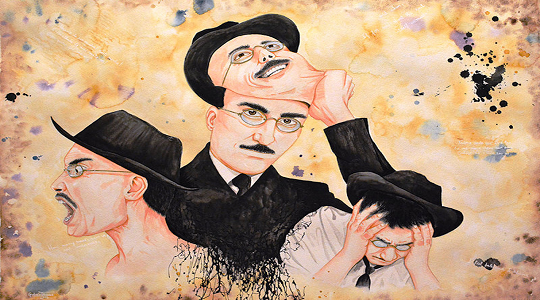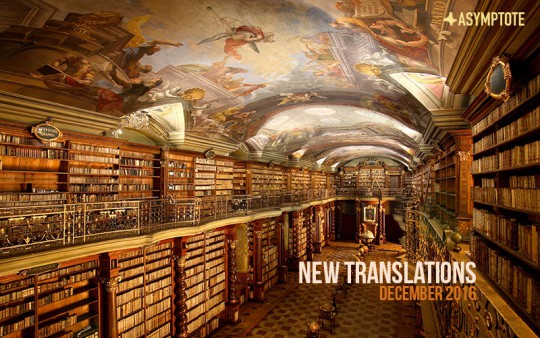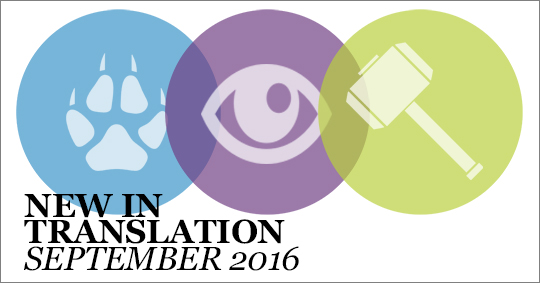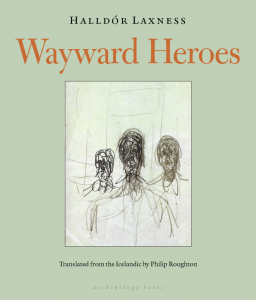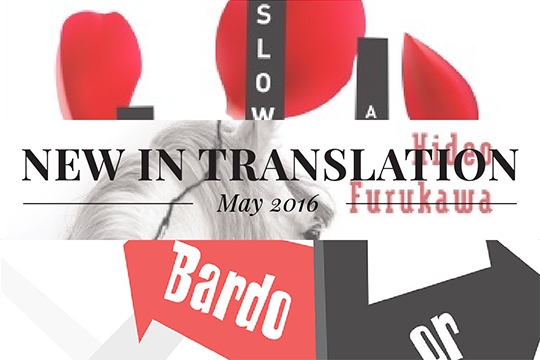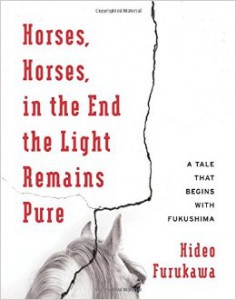The dissolution of authorship is intrinsic to the act of translation. Far from being mechanical vessels for the words of another, translators invariably leave a phantom imprint of themselves upon a piece of writing. They are the invisible co-authors of a text, the ghost writers who flit across linguistic frontiers, flirting with multiple literary identities. It seems unsurprising, then, that the most elusive of Portuguese modernist poets, the godfather of urban melancholia and man of many selves, Fernando Pessoa, should have worked as a translator for much of his life.
Pessoa’s writing spans countless styles and modes, but perhaps his most famous innovation lies in his use of ‘heteronyms,’ the multiple literary identities under which he wrote. Centred around the core triumvirate of Alberto Caeiro, Ricardo Reis, and Álvaro de Campos, Pessoa’s heteronyms continue to be discovered today, with over 130 currently known to us. Some of the heteronyms are even characterized by linguistic divisions, such as Alexander Search who wrote uniquely in English. As Pessoa scholar Darlene Sadlier points out, Pessoa’s splintering of authorship was in a sense symptomatic of the “general crisis of subjectivity in nineteenth and twentieth-century philosophy,” suggesting that the self is something to be created rather than preordained, and, therefore, that it can contain multitudes.
This summer has seen the publication of a new English edition of the work that brought Pessoa posthumous renown, the modernist masterpiece entitled The Book of Disquiet. The publication history of this work has become the stuff of legends. On his death in 1935 aged forty-seven, Pessoa left behind at least two large wooden trunks filled with thousands upon thousands of scribbled scraps of manuscript paper, a life’s work in fragmentary form. Out of these fragments, Pessoa’s project for a work called Livro do Desassossego (once translated as The Book of Disquietude, now as The Book of Disquiet) was discovered, but the “book” was found to have multiple authors, no discernible order, and was never completed. Here was the ultimate modernist text: a “deconstructed” book that could be infinitely reassembled out of thousands of scraps of paper lying in a trunk.

